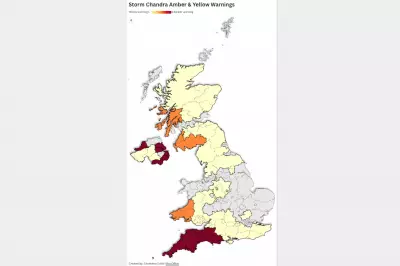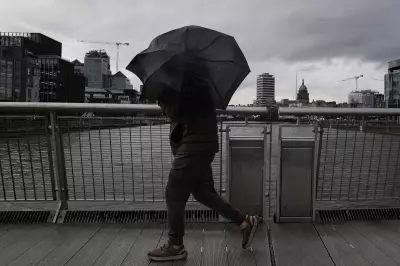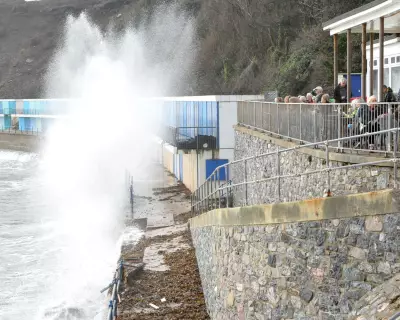
The United Kingdom is preparing for an unprecedented September heatwave, with the Met Office issuing its first-ever amber heat-health alert for this time of year as temperatures are predicted to reach a scorching 40°C.
The exceptional weather event has prompted serious concerns from health authorities and emergency services, who warn of potential risks to vulnerable populations and significant disruptions to transport infrastructure.
Unprecedented September Heat
Forecasters have confirmed that parts of England could experience temperatures reaching 40 degrees Celsius later this week, shattering previous September records. The Met Office's amber alert, typically reserved for summer months, highlights the extraordinary nature of this late-season heatwave.
Health officials are particularly concerned about the impact on elderly residents and those with pre-existing medical conditions. Hospitals and GP surgeries across affected regions are preparing for increased admissions related to heat stress and dehydration.
Transport and Infrastructure Concerns
Network Rail has issued warnings about potential speed restrictions on rail services as extreme heat can cause tracks to buckle. Transport for London has advised passengers to carry water and avoid non-essential travel during the hottest parts of the day.
Emergency cooling centres are being established in major urban areas, while local authorities are implementing their heatwave contingency plans originally developed for summer months.
Climate Change Connections
Climate scientists have been quick to note that such extreme weather events are becoming more frequent and intense due to climate change. This September heatwave follows what has already been recorded as one of the hottest summers in UK history.
The Met Office emphasizes that while individual weather events cannot be directly attributed to climate change, the increasing frequency of such extreme heat aligns with scientific projections for warming global temperatures.
Residents across affected regions are advised to stay hydrated, avoid direct sunlight during peak hours, and check on vulnerable neighbours as the UK experiences this extraordinary meteorological event.





